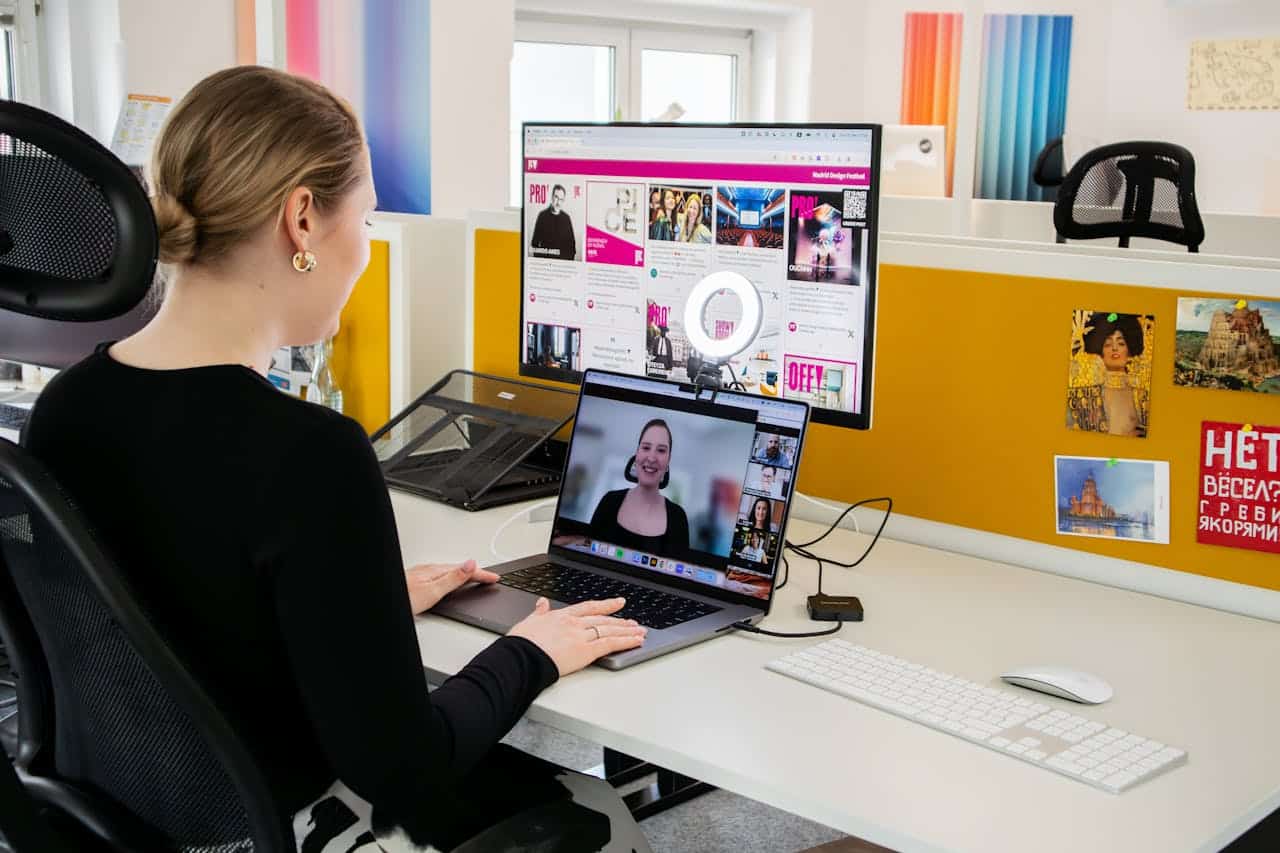One of the many marketing tools in your event planning business arsenal is a blog. They’re incredibly useful in driving traffic to your website, improving your online presence, and even generating leads. But there’s a right way to blog and a wrong way to blog. These are insights to know to make sure your blogging efforts are effective and, essentially, delivering results.
Choosing Relevant Blogging Topics
A blog on your event planning website will only be useful to you if it’s useful to your audience. Crafting insightful topics that offer value to those who read your blog is a must. It’s not the place to randomly post sales collateral or news headlines. Your blog should support your business and brand, too. A great place to start when developing your blogging content strategy is to consider all the frequently asked questions your event clients ask. What are their pain points when it comes to event planning? What do they often need your help with the most? Those topics are great for exploring with a blog since you can provide value in answering those key questions.
Strong Keywords Matters
Consider creating an in-house roster of strong keywords for your blogging and messaging efforts. When anyone keyword searches a service related to your event business, you want them to find you. Keywords you use within your blogs will help those blogs rank in the search results. And don’t just choose heavily saturated keywords like “event planning.” Drill down on niche keywords that might not have as much competition. And local SEO is huge when you can incorporate your city, region, or niche specialty as keywords. In general, it’s a best practice to use keywords naturally throughout your text three to five times for every 700 to 1000 words.
Backlinking Essentials
Once you’ve written and polished your blog post, you’ll want to incorporate backlinking. Use reputable website sources whenever applicable and link them to anchor text within your blog. For example, “according to Forbes” could all be linked to the Forbes article you’re mentioning. Don’t forget to also include backlinks to your own site. Grab past blogs you’ve written and link them with your current blog. It promotes your past blogs as relevant sources and improves SEO with your current blog. Try to include two to three internal links for every one or two external links, if possible.
Crafting the Best CTAs
How are you wrapping up your blog posts? Be sure you’re including relevant calls to action with links to your contact page, dedicated landing pages, or your blog. Always be asking the reader to do something, whether it’s sharing the blog on their social media or contacting you for a consultation. And don’t be afraid to change things up and ask for a newsletter subscription or sign up for your blogs to deliver to their inboxes. The CTAs don’t have to be salesy every time. But they should always have a verb in there somewhere, asking the reader to do something next.
Cross-Posting for Better Blogging Visibility
Your event planning blogs live on your website. But they’re a gold mine of content you can also be using as marketing tools on other channels. Consider pulling snippets from your blog to create social media posts, for example. Share the latest blog on your LinkedIn profile. And use your library of blogs as assets to include in your monthly or weekly newsletters. Squeeze every drop of marketing potential out of each blog to get the mileage and messaging exposure you need.
Commit to Your Blogging Schedule
The primary reason blogging is hard, especially for event planners, is the commitment required to make blogging work. You have to create a routine posting schedule and commit to it if you hope to build momentum and awareness. Random posts here and there aren’t going to gain the traction you need to be successful. So, if you can only commit to a once-per-month posting schedule, stick to that. It’s better to have a consistent schedule at lower frequencies than a high-frequency schedule you can’t stick to over time.
Outsource Great Writers
The second core reason event planners say blogging is tough is the writing itself. You’re busy enough with clients and events. You likely don’t have the time needed to sit down and write a blog. But just as you outsource event tasks to different vendors, you can outsource the writing of your blogs to a talented freelancer. Find a great writer who can follow your content schedule, maintain your voice, and duplicate your writing style. You can then rely on a writing professional to deliver top-quality content on time with all the SEO best practices built-in to each blog.
When it comes to blogging, keep these insights in mind for your event business. And don’t forget, all the best marketing advice and trends will be revealed at The Event Planner Expo 2023! Learn more about exhibiting, sponsoring, and participating in the #1 events industry conference of the year!








